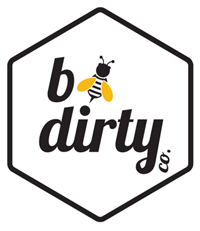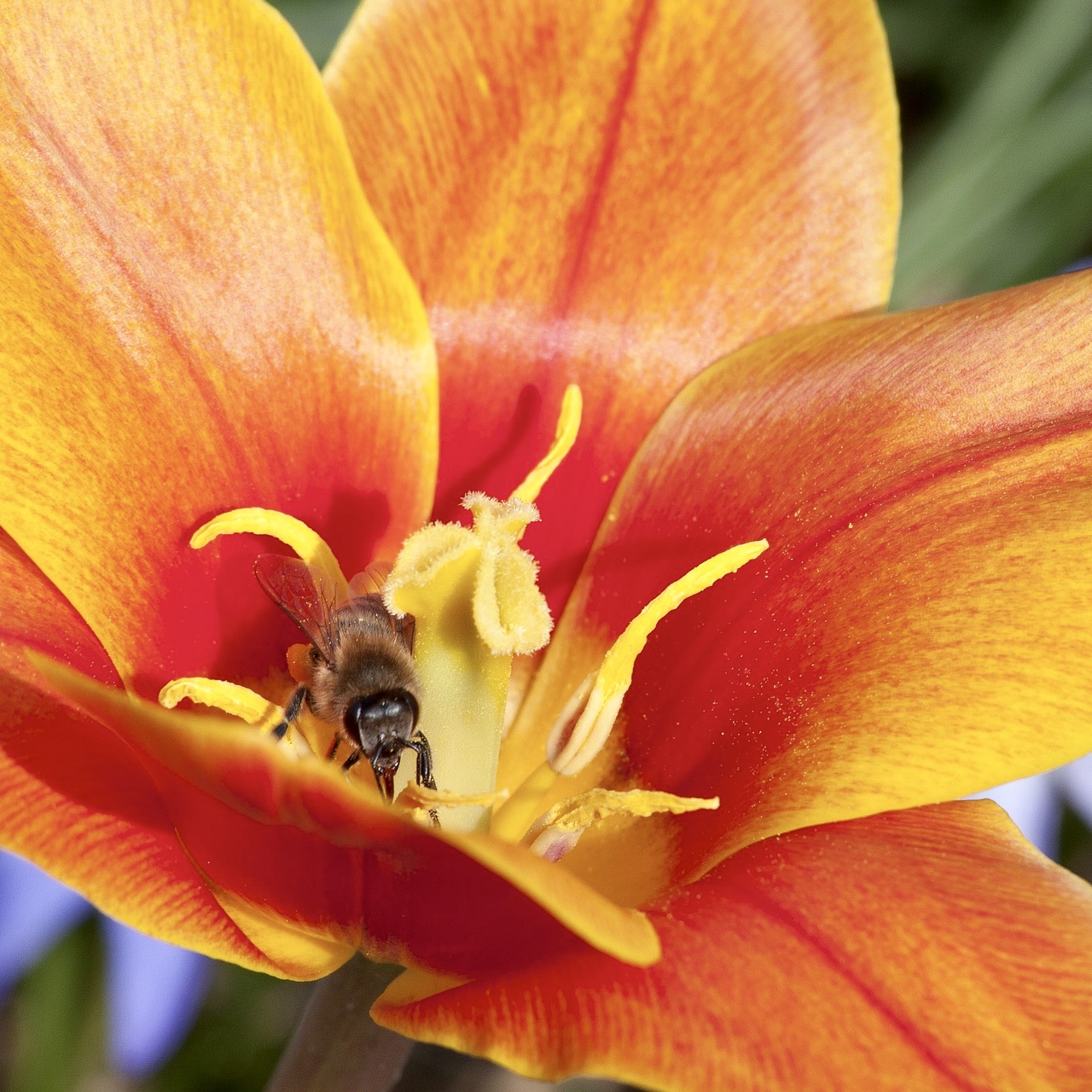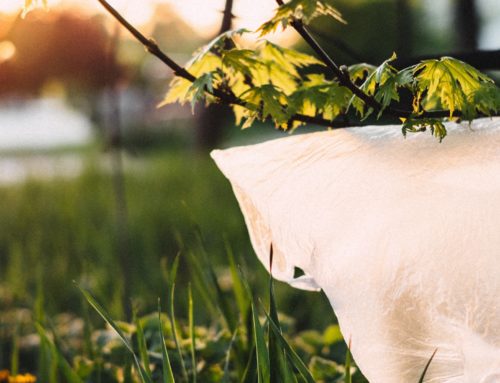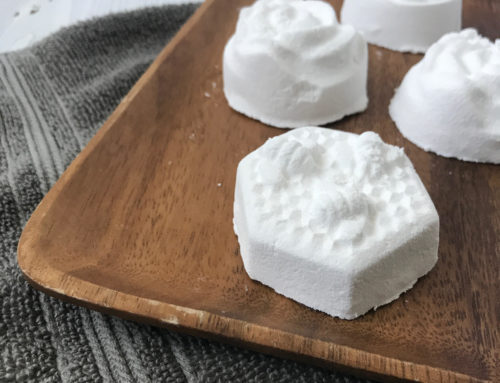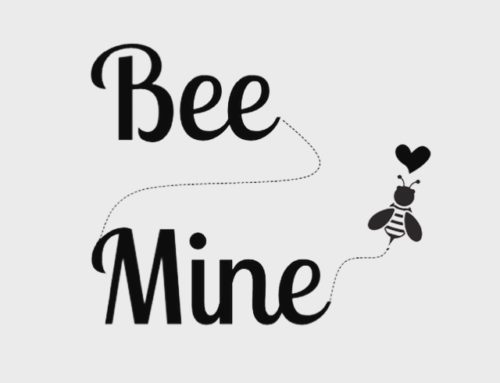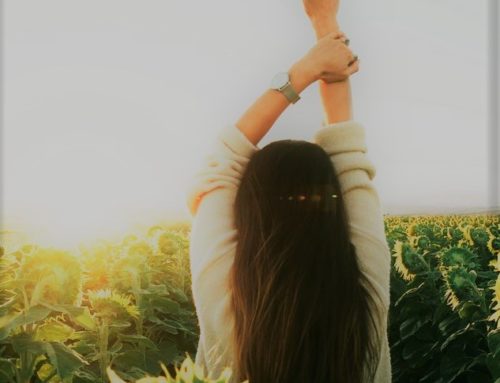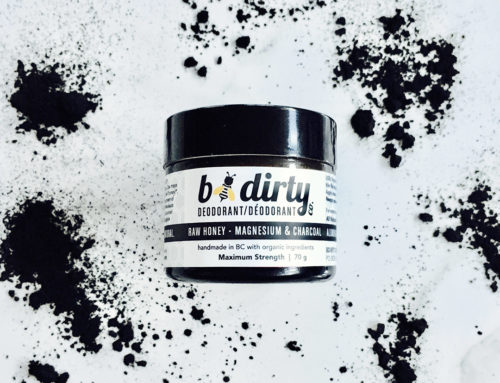PROTECT YOURSELF | PROTECT THE PLANET
All profits from the sale of BDirty Co. natural deodorant now go to support Elk Root Conservation Farm. Elk Root’s inaugural conservation project is a demonstration Bee Forage Orchard and Flower Meadow specifically designed to support honeybees and native pollinators. That means every time you purchase your BDirty Co deodorant, you really are protecting yourself and the planet. Our sweet sister bees are buzzing with excitement! Click here to shop our products.
ABOUT ELK ROOT CONSERVATION FARM
We could not have said it better ourselves! Check out this beautiful blog post all about Elk Root and its conservation efforts authored by Nadine BenRabha, True Local Coordinator at the Kootenay Co-op. Click here to read more!
You can also follow along Elk Root’s conservation project adventures as they unfold – show the bees some LOVE! Like @elkrootconservation on Facebook and on Instagram and ‘bee’ a part of their conservation project adventures.
A BIT ABOUT WHAT YOU CAN DO TO SUPPORT POLLINATORS
Here is a fantastic excerpt from Nadine’s Article:
Elk Root Conservation Farm and BDirty Co. are passionate about our “sweet buzzing sisters, the bees.” There are abundant reasons for all of us to care about bees and other pollinators, not least of which because one out of every three bites of food we eat depends upon them. Pollinators are vital players in healthy ecosystems, but their populations are increasingly under threat.
With habitat and food shortages being the biggest threats to bees, some of the most important things that individuals, farmers and communities can do are to propagate bee-friendly plants and preserve diverse living and foraging spaces.
Once the [bee foraging] orchard and meadow are fully established, Elk Root will be a place where people can come and see examples of native flora and drought-conscious bee-friendly plants up close, to draw inspiration for their own farms and gardens.
As Kate says, “imagine if everyone in Nelson planted just one bee-friendly plant in their garden…that would be over 10,000 pollinator sources! What a bee-autiful thing that would be!”
